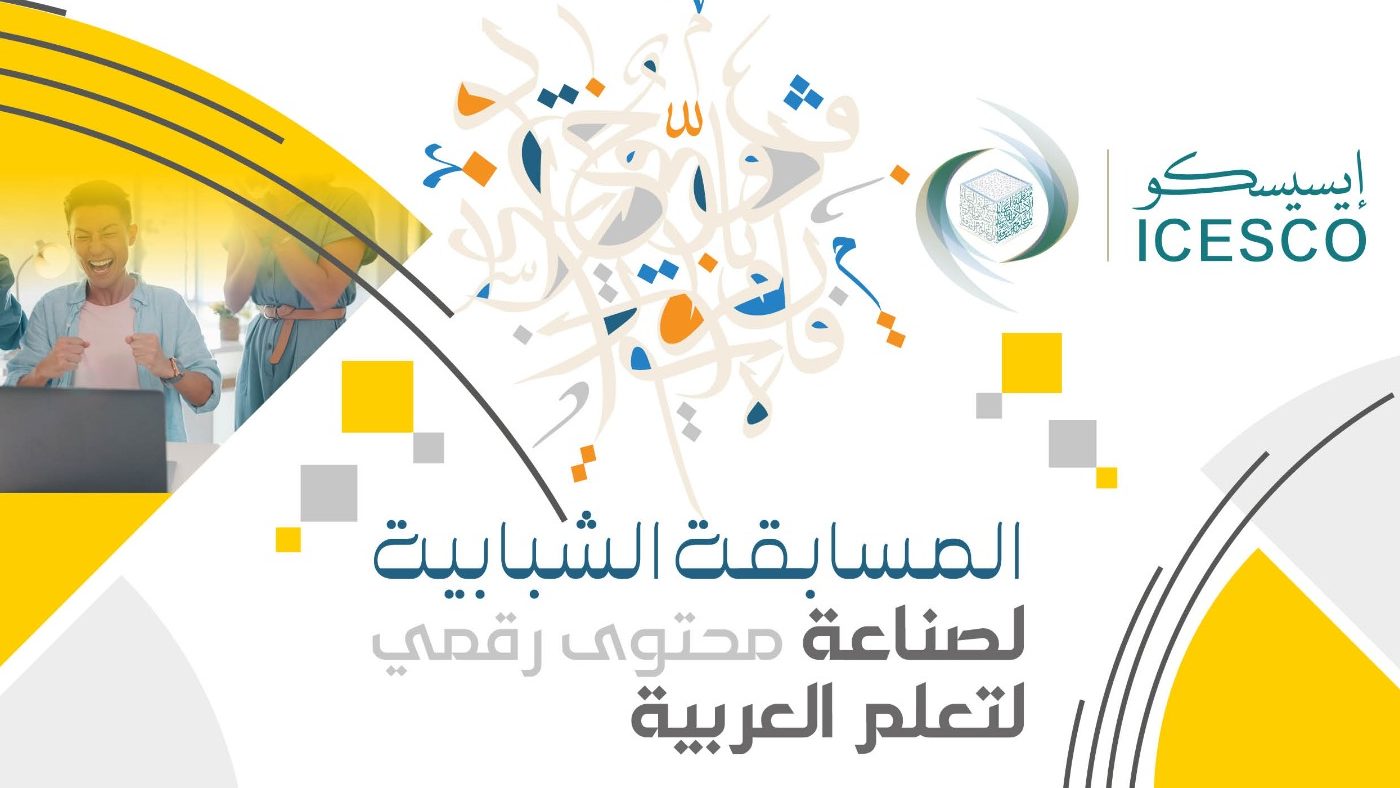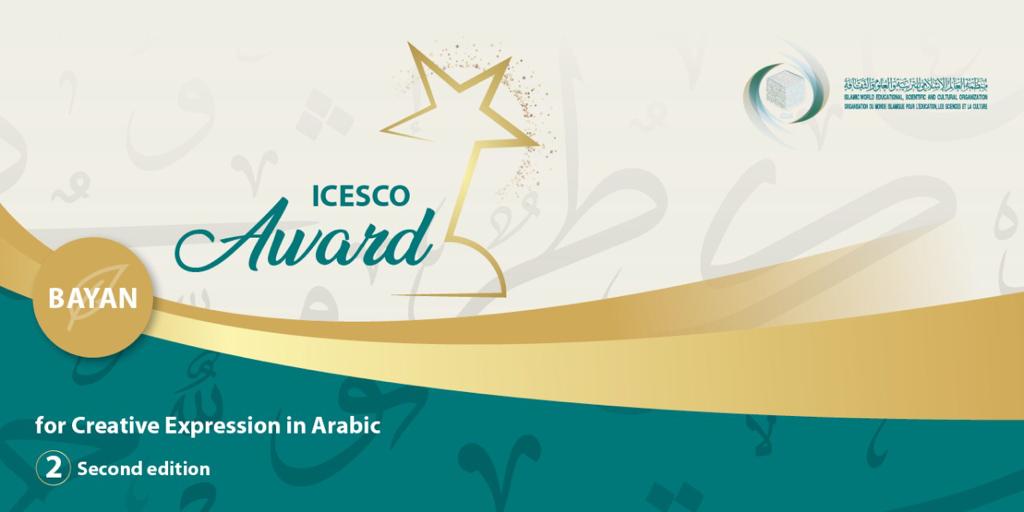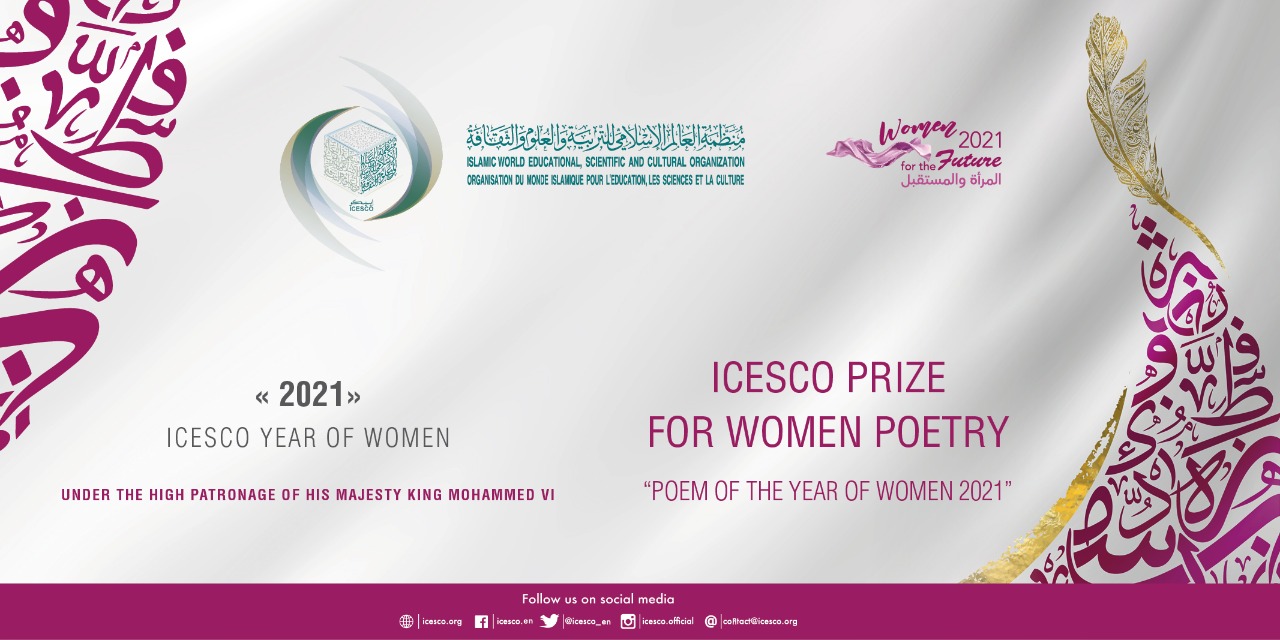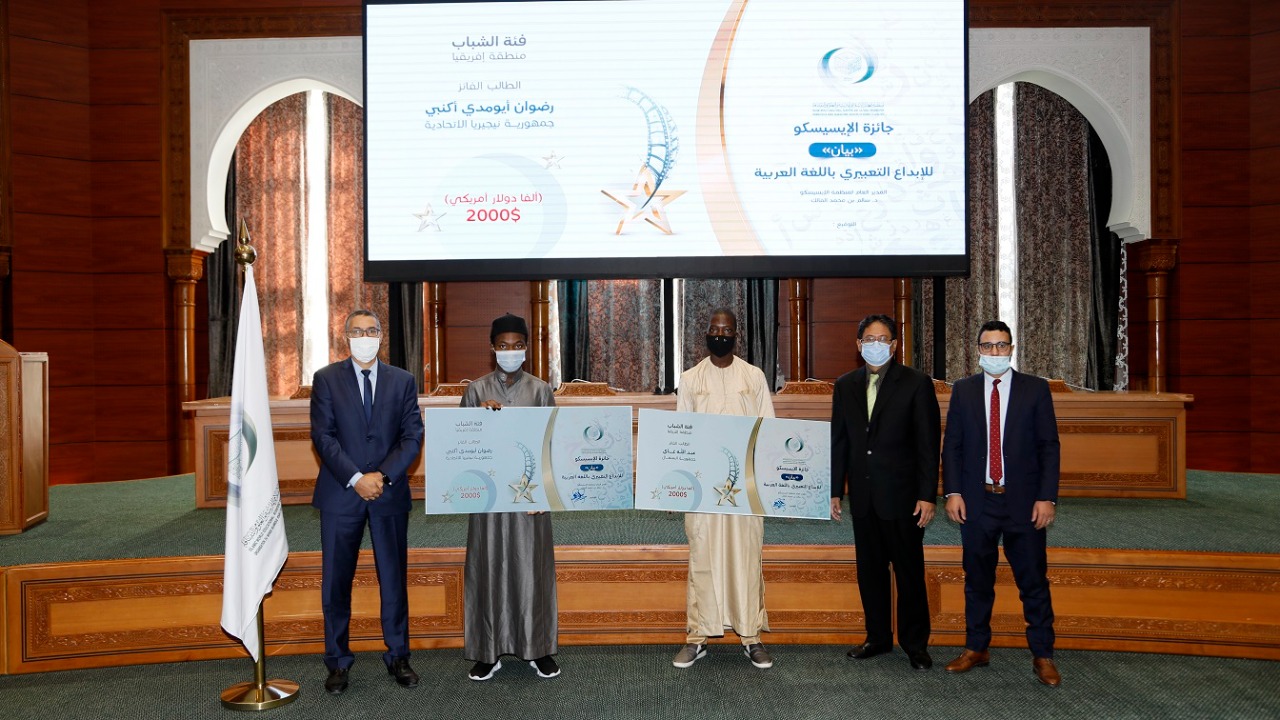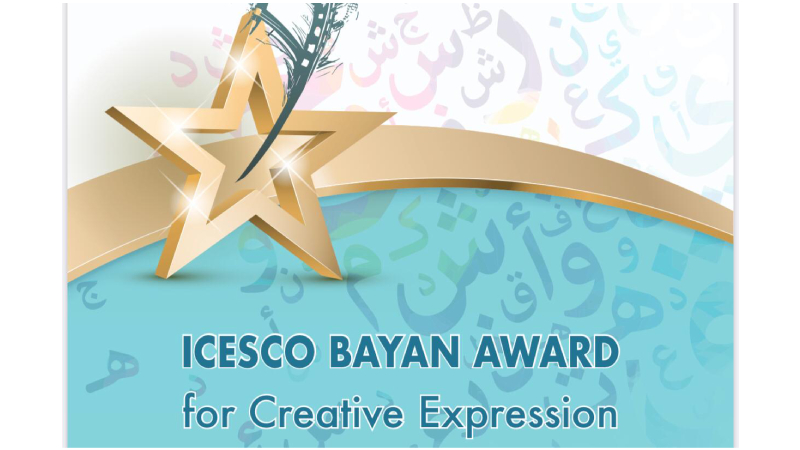The Islamic World Educational, Scientific and Cultural Organization (ICESCO) announces the launch of the “Youth Contest for Digital Content for Learning Arabic,” as part of the Organization’s Year of Youth, which is proclaimed under the gracious patronage of His Excellency President Abdel Fattah El-Sisi, President of the Arab Republic of Egypt.
The contest, which is overseen by ICESCO’s Center for the Arabic Language for Non-Arabic Speakers, aims to encourage digital creativity and innovation in the Arabic language, support youth talents and enable them to harness their creative abilities to produce and design electronic programs, educational applications, and advanced platforms and contents for teaching Arabic to non-Arabic speakers.
The contest is open beginning today, Saturday (May 20, 2023), and will close at the end of August 2023. Interested candidates must fulfill the following conditions:
- Candidates must be no older than 40 as of the date of the call for applications (May 20, 2023);
-The submitted content should include new innovative ideas for teaching Arabic to non-Arabic speakers; - The content should be based on reliable scientific sources and references;
- The content should take into account the development of the four language skills (listening, speaking, reading, and writing);
- The application should be in classical Arabic, and the contents must not contain any linguistic errors;
- Candidates must present a statement attesting to the originality of the content and undertaking to not rely on what is offered by well-known artificial intelligence applications;
- The application must include a 5 to 10-minute video explaining the design, application, program, or platform, and highlighting its objectives, characteristics, and method of operation;
- The application must include a CV attached to the completed nomination form, which can be downloaded via the link:
https://icesco.org/wp-content/uploads/2023/07/Nomination-form-for-the-ICESCO-Youth-Competition-for-Arabic-Language-Teaching.pdf - All applications must be sent to the following e-mail: daaiac@icesco.org.
Following the close of the call for applications at the end of next August, a specialized committee comprising several experts in the fields of language, software computing, and teaching Arabic to Non-Arabic speakers, will assess the applications and select three winners, who will receive $5,000, $3,000, and $2,000, respectively, in addition to certificates of appreciation.
The names of the winners will be announced through ICESCO’s website and official letters to the parties concerned. The awards ceremony will be held during the celebration of World Arabic Language Day in December 2023.

